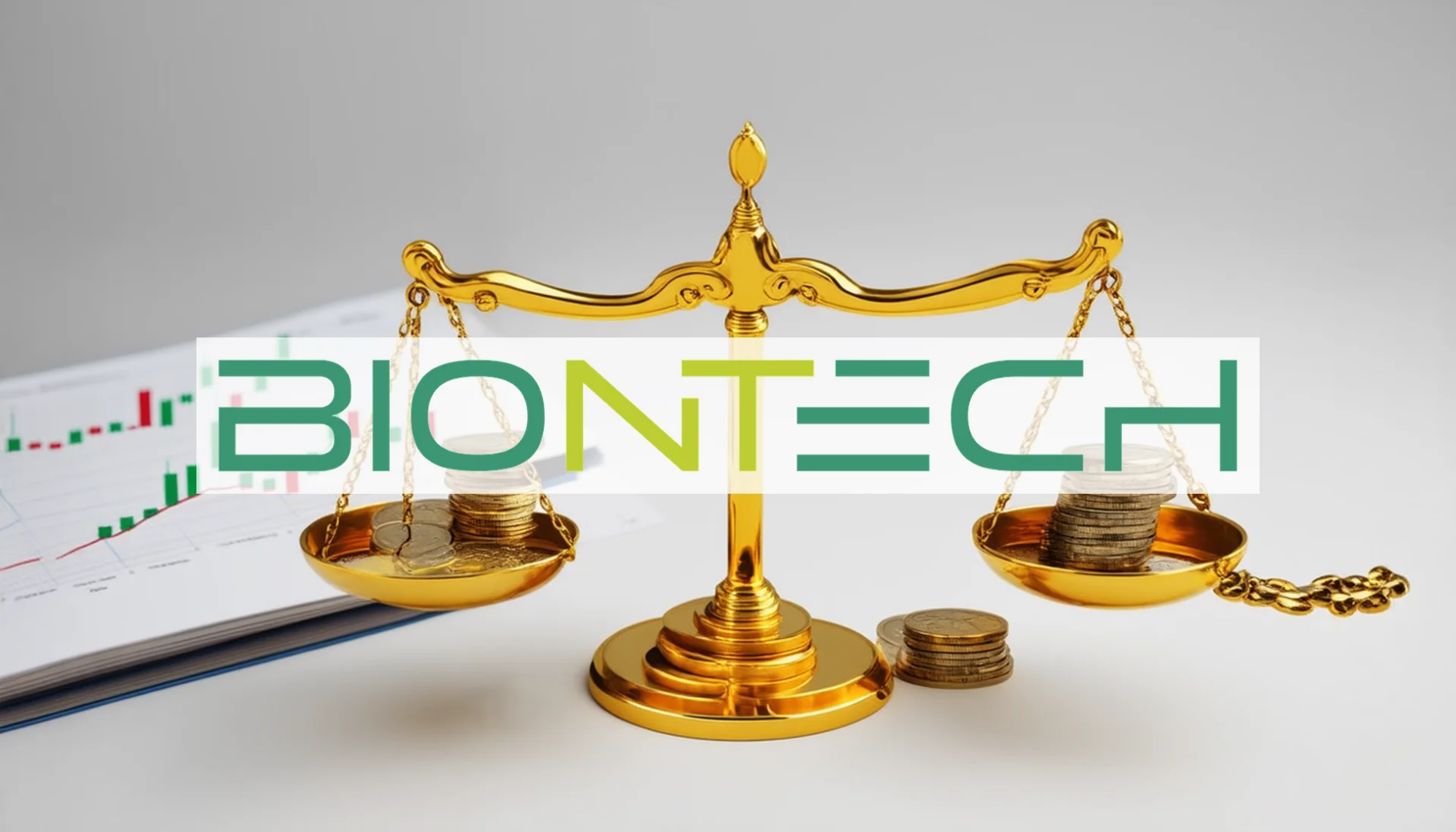A surprising development emerged in mid-November when pharmaceutical giant Pfizer divested 54.7% of its stake in BioNTech, triggering a significant market reaction. The transaction, valued in the hundreds of millions, prompted BioNTech’s stock to decline by approximately seven percent in a single trading session.
While this large-scale sale might appear as a loss of confidence, Pfizer characterized the move as part of a broader strategic portfolio review. The U.S.-based company stated its intention to reallocate capital toward financing recent multi-billion dollar acquisitions, particularly in the oncology and obesity drug sectors.
In response, BioNTech maintained a composed public stance. A company spokesperson repeatedly emphasized the continuation of a “close and strong collaboration” with Pfizer, signaling that their operational partnership on products like the COVID-19 vaccine Comirnaty remains intact. Nevertheless, the divestment clearly marks the end of the pandemic-era alliance that once defined their relationship.
Analyst Confidence Contrasts with Partner’s Exit
Contrary to the downward pressure from Pfizer’s sale, financial analysts at Berenberg Bank reinforced their positive outlook on the German biotech firm. On November 18, the bank reaffirmed its “Buy” recommendation for BioNTech shares. This endorsement followed the company’s quarterly report released on November 3, which presented a mixed financial picture.
Should investors sell immediately? Or is it worth buying BioNTech?
For the quarter, BioNTech reported a loss per share of 0.12 Euros, missing analyst expectations. However, this was counterbalanced by robust revenue of 1.52 billion Euros, a figure that surpassed forecasts and represented a 22 percent year-over-year increase. More significantly, the company raised its revenue guidance for 2025, projecting between 2.6 and 2.8 billion Euros. This upward revision is largely driven by new collaborative ventures, notably a partnership with Bristol-Myers Squibb in oncology, rather than COVID-19 vaccine sales alone.
Strategic Pivot: From Pandemic Success to Oncology Focus
BioNTech is now channeling the substantial capital reserves accumulated during the vaccine boom into a deliberate and ambitious transformation. The strategic objective is to evolve from a pandemic-focused entity into a diversified immunotherapy company with a deep pipeline of cancer treatments.
This strategic shift involves active investment in new technologies. A key example is BioNTech’s public takeover offer for CureVac, with an extraordinary general meeting scheduled for November 25 to discuss the matter.
The majority of market observers maintain an optimistic medium-term view, with most recommendations hovering between “Buy” and “Hold.” The central question for investors remains whether BioNTech can successfully demonstrate that its value proposition extends far beyond its initial vaccine breakthrough.
Ad
BioNTech Stock: Buy or Sell?! New BioNTech Analysis from February 7 delivers the answer:
The latest BioNTech figures speak for themselves: Urgent action needed for BioNTech investors. Is it worth buying or should you sell? Find out what to do now in the current free analysis from February 7.
BioNTech: Buy or sell? Read more here...










